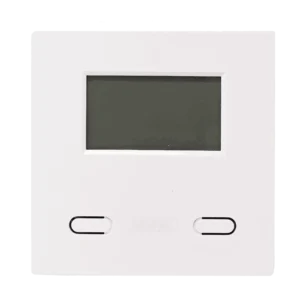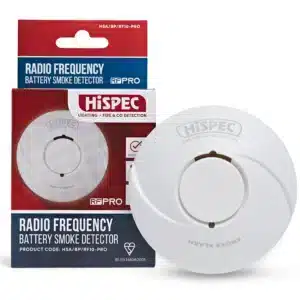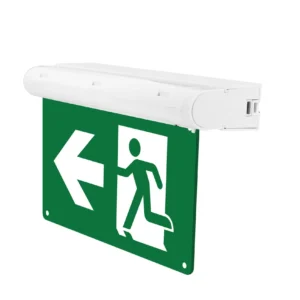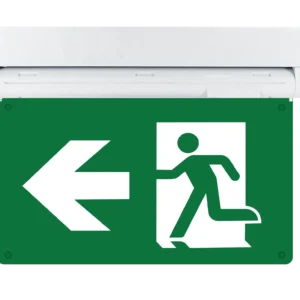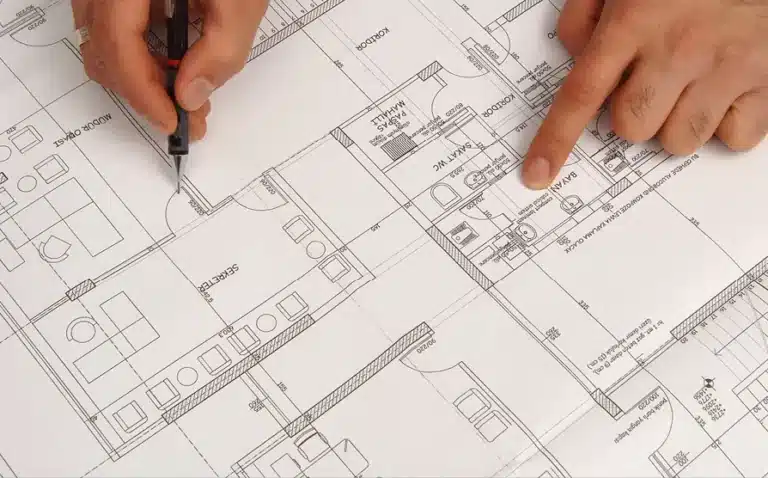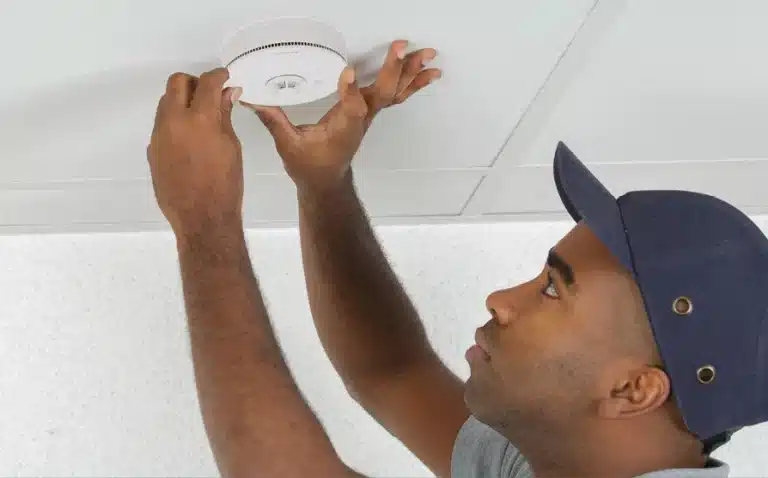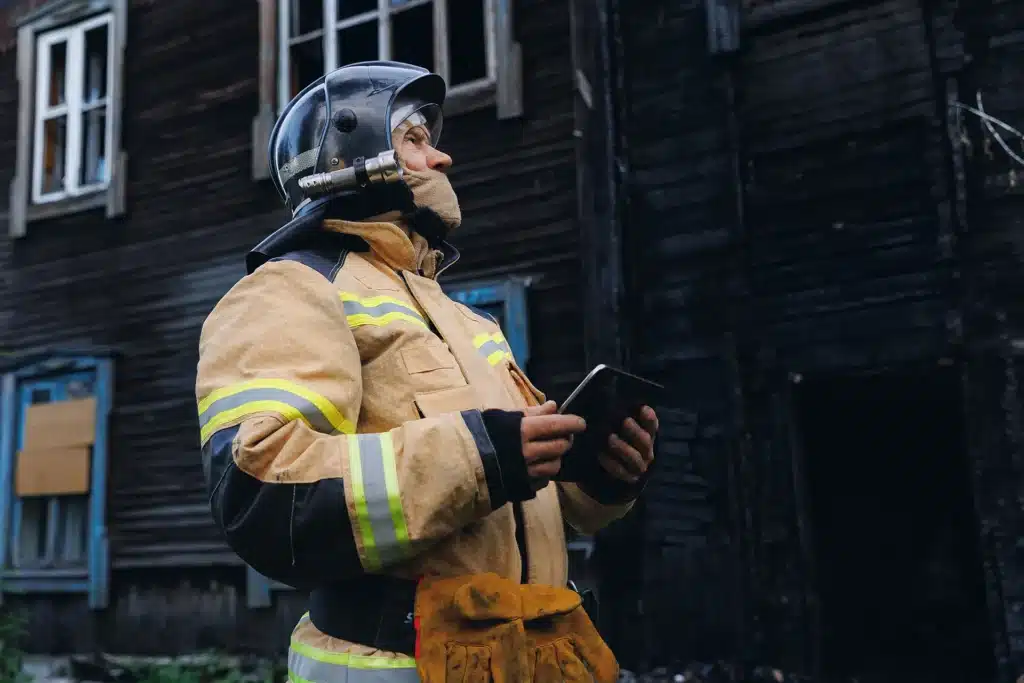Having the right fire prevention equipment is an essential part of being prepared in case of an emergency. It gives an early warning, prevents the spread of fire, and helps to protect properties and lives.
Failure to have working and accessible fire safety equipment in your home can have devastating effects, including property damage and serious injury.
- Install smoke alarms
It may seem obvious, but most people don’t check whether they have the correct smoke alarms installed or if they even work. Smoke alarms are essential as they can alert you to a fire in your home with time to escape, even if you’re sleeping. The correct smoke alarms, installed on every level of your home, inside and outside of every bedroom, could save your life if a fire were to break out during the night.
We recommend testing each fire alarm every few months for security and replacing the batteries once a year or whenever your alarm detects a low battery signal. - Plan your fire escape
If a fire breaks out in your home, it’s imperative to get out fast before it spreads. The likelihood of a fire occurring is slim, but you do need to be prepared. Sit down with your family and plan an escape route to ensure everyone knows how to get out safely. Make sure everyone in the house is aware of at least two unobstructed exits, whether doors or windows, in every room. If you live in a flat, never take the lift; always go down the stairs. You also need to decide on a meeting point outside; this way, you can ensure that no one is missing and hasn’t yet managed to escape. - Don’t smoke indoors
Every year, more people die in fires in the home caused by cigarettes and other smoking materials than any other cause. Accidental fires caused by smoking products made up a staggering 35% of all fatalities in accidental home fires in the UK in 2022/23.
You should never smoke in bed or when you are drowsy – you could easily start a fire if you fall asleep with a cigarette in your hand or even simply drop it on your bedsheets. If you are going to smoke in your bedroom, make sure you keep a deep, non-tip ashtray with water next to your bed and discard your cigarettes in there before you go to sleep. Do not stub cigarettes out in potted plants, landscaping vegetation, or bark dust as these can easily catch on fire. - Cook carefully
The number one cause of all cooking fires is leaving the hob or stove unattended. It’s easy to forget just how dangerous cooking with oil at a high temperature can be, so it’s better never to leave pots and pans boiling away without supervision. People often walk away from a hot stove “for just a minute”, only for that minute to quickly turn to disaster. The cooking materials matter too; fatty ingredients like oil, butter, grease, and lard have a higher risk of causing a fire.
If you encounter a grease fire, never throw water on it. The best way to contain a small oil fire is to smother it by sliding a lid over the pan and turning off the heat source immediately. Make sure all your food is dry before placing it into oil to prevent it from spitting. - Electrical appliances
Electrical fires are never expected, so it’s essential to be prepared if one does break out in your home. An electrical fire can be scary and extremely dangerous, but there are ways to be prepared in case of an emergency. If one of your appliances goes up in flames, the first rule of thumb is to try not to panic.
Follow a few basic rules of appliance safety to prevent electrical fires. Don’t plug too many devices into one outlet – the wiring can get overloaded and spark a fire, especially if there’s clutter like paper or clothes nearby. It can be easy to forget about the dangers of larger appliances since they stay plugged in all the time, but they can present as much of a fire hazard as small devices like toasters and heaters.
Large appliances like washing machines and dishwashers shouldn’t be left running overnight or while you’re away from home, and avoid placing refrigerators or freezers in direct sunlight, to prevent overworking their cooling systems. Check all outlets regularly for excessive heat, burn marks, and buzzing or crackling sounds that might point to electrical arcing. Make sure you have at least one smoke detector on every floor of your home and test them regularly to keep them in good working order.


